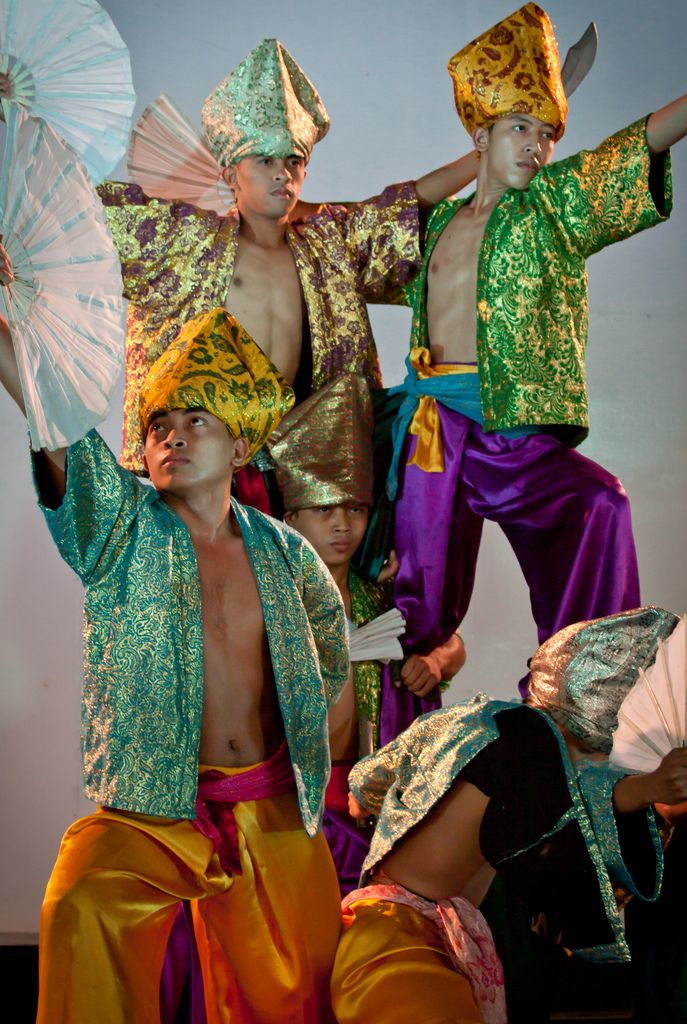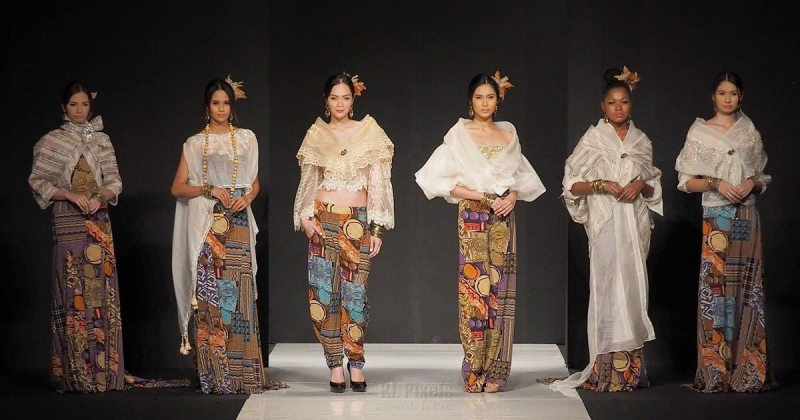Filipino etiquette
Hiya, a word that is hard to describe but basically signifies a sense of shame, is one of the main governing factors in Filipino society that goes unnoticed by most tourists. In practically all social circumstances, heya is important. A sense of hiya hinders someone from asking a question out of concern that he could come off as dumb.
Hiya is the reason why so many Filipinos avoid open disagreement for fear of offending someone. Lack of hiya is a serious social vice. The greatest offense is to be called "walang-hiya" (shameless). Hiya is synonymous with maintaining amor-propio, which is Latin for "love of oneself" and refers to the desire to keep one's face intact. Hiya, a word that is hard to describe but basically signifies a sense of shame, is one of the main governing factors in Filipino society that goes unnoticed by most tourists. In practically all social circumstances, heya is important.
A sense of hiya hinders someone from asking a question out of concern that he could come off as dumb. Hiya is the reason why so many Filipinos avoid open disagreement for fear of offending someone. Lack of hiya is a serious social vice. The greatest offense is to be called "walang-hiya" (shameless). Hiya is synonymous with maintaining amor-propio, which is Latin for "love of oneself" and refers to the desire to keep one's face intact. If there is an issue, resolve it softly and gradually. Filipinos place a high value on delicadeza. This can be translated as "propriety," a straightforward sense of proper behavior, especially around older people or women.












